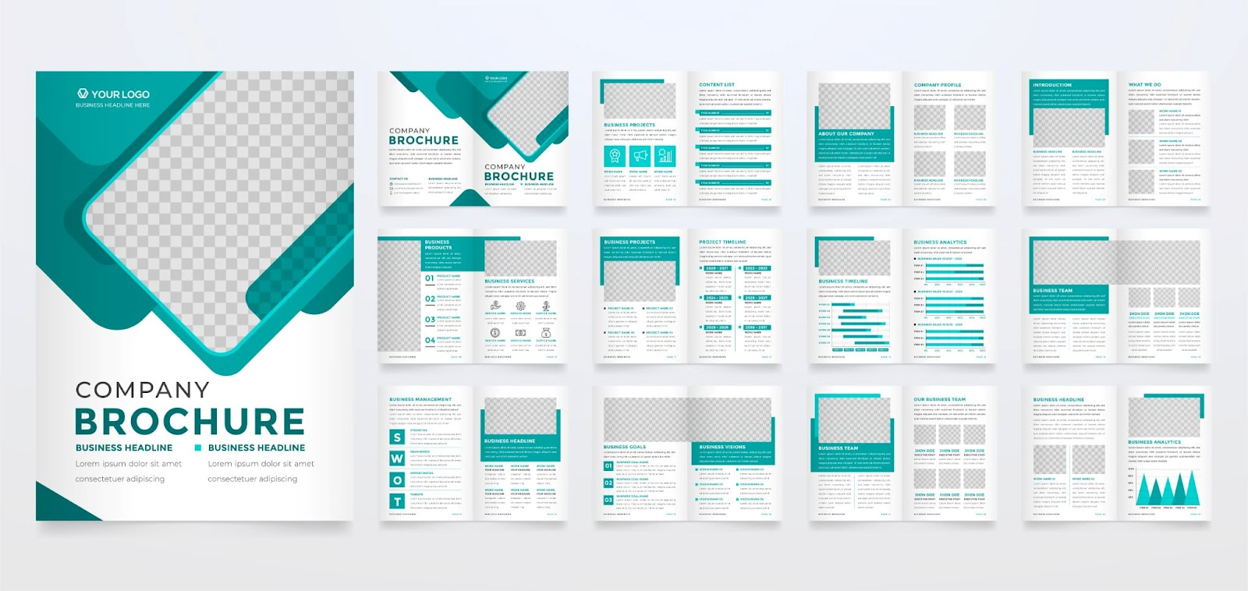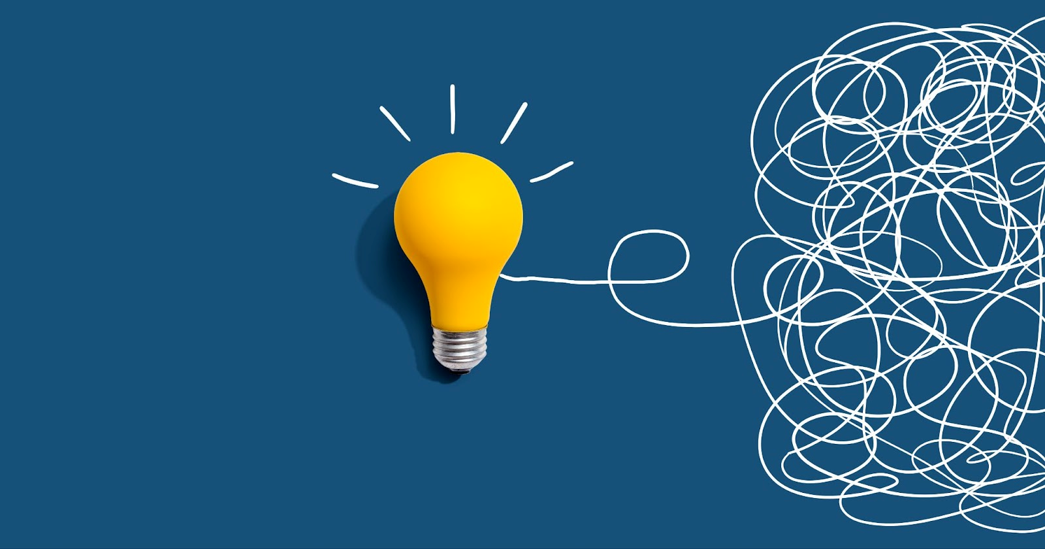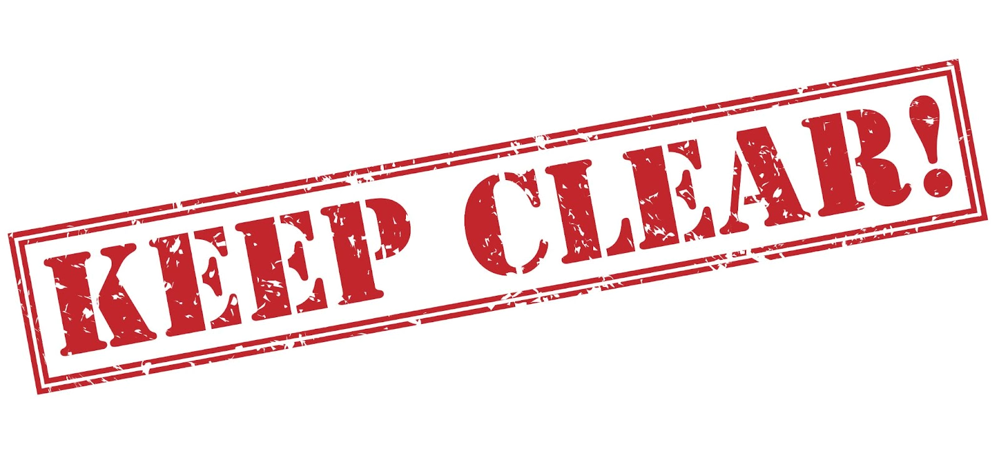
September 1, 2025
"If you steal from 100 people, it becomes Original" -- Is That Really True?
To create something that only you can make, sharpen the "resolution" of your life.
Some time ago, I happened to overhear a conversation between two young people on a train. The reason I eavesdropped was because the word "content," which is closely related to my profession, came up.
Nowadays, especially on the internet, content is continuously created, published, and consumed. On the flip side, creators now have access to more reference materials than ever before.
In the world of creation, the idea of making something "only you can create" is an aspiration many share. So, what does it take to achieve that?
Of course, knowledge is essential, but I have heard the phrase from people in the music world: "If you borrow good parts from 100 people, that already makes it original." But I personally feel there's a difference between being "original" and creating something that "only you can make."

A Conversation Overheard on the Train
One day, after finishing a live performance and heading home on the train, two young men got on. It was a quiet time of day, so the conversations of other passengers were easy to overhear.
One of them said, "Spending time watching tons of online content isn't a waste--it feeds me creatively." That caught my ear, since I, too, make online content in the form of columns. I'm always curious how people perceive such content.
The other man replied, "Isn't that kind of a waste of time?" But as their conversation continued, it became clear that the first speaker also creates content. His point was that randomly browsing the internet provides him with raw material for his own work, so time spent on his phone isn't just "killing time."
I get that perspective--and I agree with it to some extent. After all, there are musicians who say, "If you steal from 100 sources, it becomes original."
Still, something about that idea--"all screen time is creatively productive"--felt off to me. I started thinking about why that is.

When It's Easy to Create and Share
Videos, novels, comics, films, music...
These days, anyone can easily upload their creations to shared online platforms. The space for self-expression has expanded, and more people are out there looking for hidden talent.
It's not uncommon for a musician to go mainstream after going viral online, or for a comic to be adapted into an anime thanks to social media buzz. I think it's great that we're no longer in a time when success depends solely on being scouted by big companies.
But at the same time, the internet is flooded with "same-pattern" content. For example, in recent manga ads on social media, I often see stories like:
● A so-called "sweet girl (cutesy, manipulative)" who steals a friend's partner or job and ends up facing revenge or digging her own grave in the end
● People ruined by obsession with social media (perhaps a somewhat earlier trend)
● Stories involving reincarnation
I'm not criticizing these works or trends; even if they follow similar storylines, some may shine through unique compositions or artistic styles. Still, I wonder if watching lots of these doesn't actually help you learn much. It might even lead to lazy thinking: "Just make something like this and it'll go viral." For hobbies, that's totally fine. But if you're aiming to live off your creative work, copying others comes with risk--when the trend fades, you might fade with it.

More Than Volume -- The Power of Imagination to Fill What's Missing
Of course, it's important to learn from popular trends and absorb what you can. But today, people are constantly consuming content--on the train, while waiting, even while walking.
What I find concerning is that the relationship between people and content seems reversed now. In the past, we had to seek out content ourselves. With music, for instance, if you heard a catchy song in a commercial, it wasn't easy to find out what it was and listen to it. You had to go out of your way--search, borrow CDs, or record off the radio.
In my case, I recorded songs from the radio to cassette tapes or rented CDs. The generation before me relied on vinyl records. Records were a luxury for young people couldn't afford to buy many, but that limitation brought them a different kind of depth.
That depth is what I'd call "high resolution." When access is limited, you listen to the same thing repeatedly, and that leads to deeper insight and imagination.
One of my older musician friends told me he used to hang out at a record store where the owner secretly let him listen to various albums for free. He didn't have access to a lot of music, but he listened carefully to what he had.
Over time, he developed a strong sensitivity to the role of each instrument in a band. He also spent time imagining and experimenting based on what he heard. Even with limited resources, he trained himself to imagine the essence of the artist. That time spent thinking and trying things out--that's what truly matters. Just listening to lots of songs isn't enough if you're only skimming them.
When you can say, "I love the way the drums come in during this part of that song," that's a sign you've really absorbed it.
He now performs overseas. I believe it's his sensitivity--his antenna--that allows him to create such a unique and globally recognized world of music. Once you internalize what you take in and express it as part of your own "blood," -- this, I believe, is the origin of originality.
People who live creatively, myself included, are called "unusual" by society. Maybe we are. But They are the ones who have struggled with themselves deeply. But that very struggle also produces "unusual things" and "something a little different."

Creating something uniquely your own begins with raising the resolution.
Now that I've left my corporate job, I finally have some time to start trying my hand at composing music. I have a lot of favorite artists, but I try not to consciously imitate any of them.
There are different ways to compose. Some start with a melody and add accompaniment--that's the pattern I'm following now. Not because someone else does it, but because it just happens to be how things are flowing for me.
Other methods include starting with chord progression and building a melody on top, or starting with a rhythm and letting that inspire the rest. I'm currently collaborating with someone who's good at arranging, and I've come to realize how important it is to have a clear image in your head.
Questions like:
"What kind of rhythm are you imagining for this phrase?"
"What type of guitar? Do we need percussion? How should we add it?"
"What's the piano backing like? What's the bass line?"
It would be great if I could play and record every instrument myself--but I can't. So, I have to clearly imagine the roles of each instrument and communicate them. Of course, it's easier to say, "Like that one song by XX," but I don't want to take that shortcut.
When the song is finished, it might end up resembling someone else's work. That's okay. What matters is that it wasn't intentional.
Take in everything you've ever heard or played at a high level of resolution, reinterpreting it through your own experiences and thoughts, and express it that way. Something that's truly "only you can make" doesn't come from piecing together surface-level techniques. It comes from within, I believe.

Sayaka Shimizu
After graduating from the Faculty of Science at Kyoto University in 2002, She worked mainly as a news reporter at TBS. She covered a wide range of topics including incidents, accidents, and technology as a reporter in the Social Affairs Department, and various markets and industries as a reporter in the Economics Department before going freelance. She has contributed to many media outlets based on her reporting experience and analysis of various statistics.


